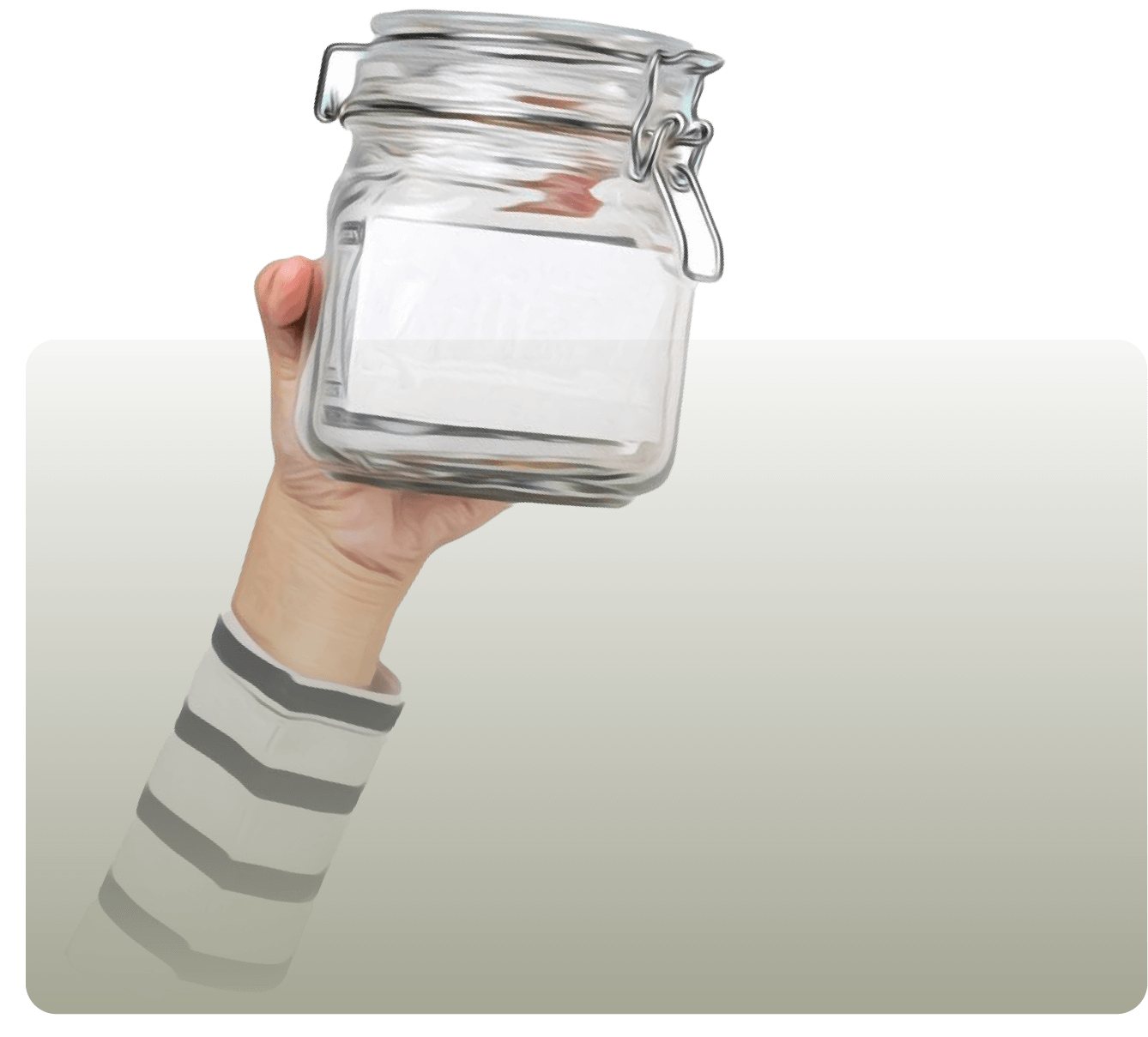Plastik
Fluch und Segen
In rasendem Tempo eroberte uns das günstige und formbare Material, doch schnell wurde klar: Die Plastikflut gerät außer Kontrolle.
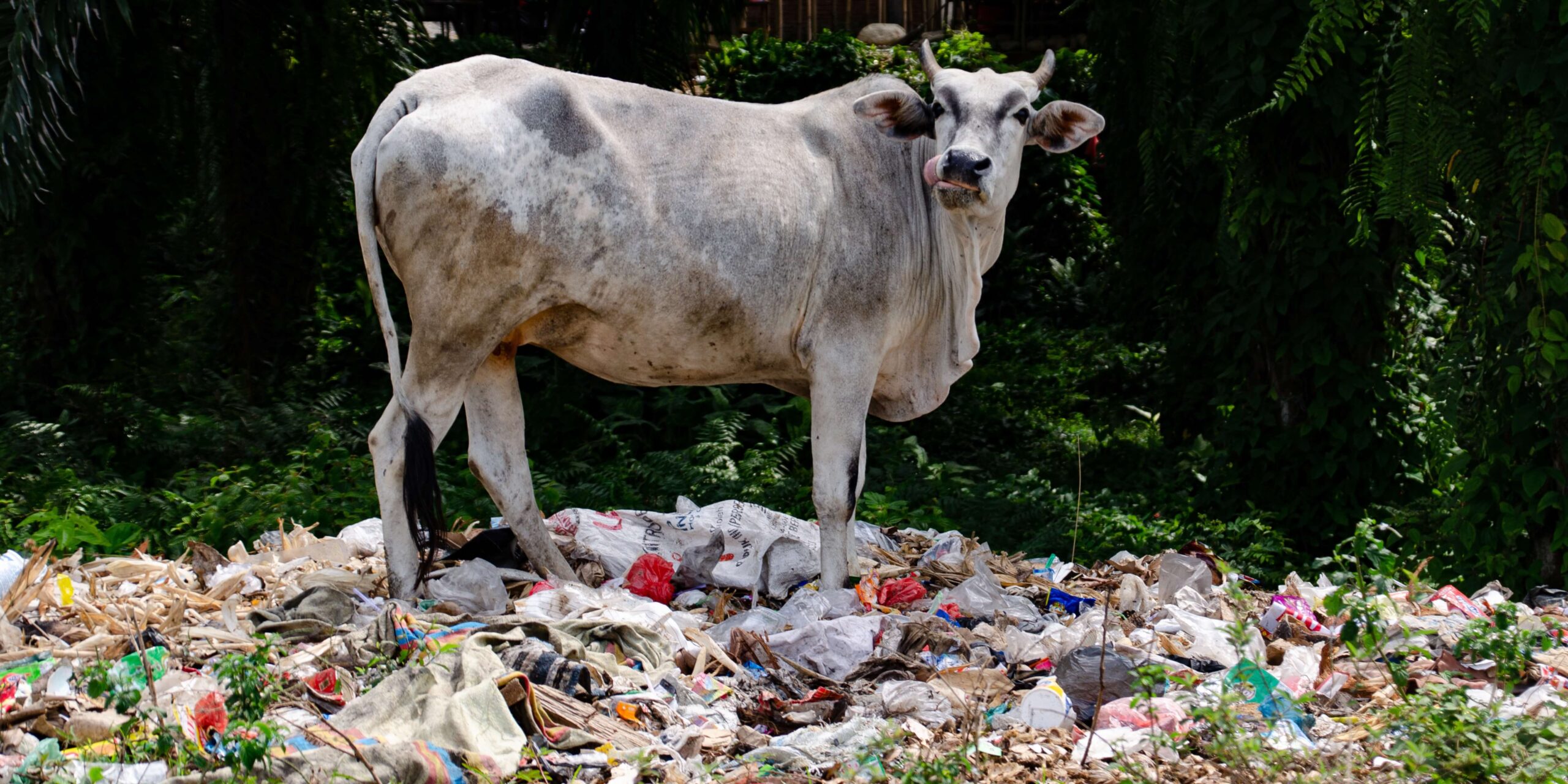
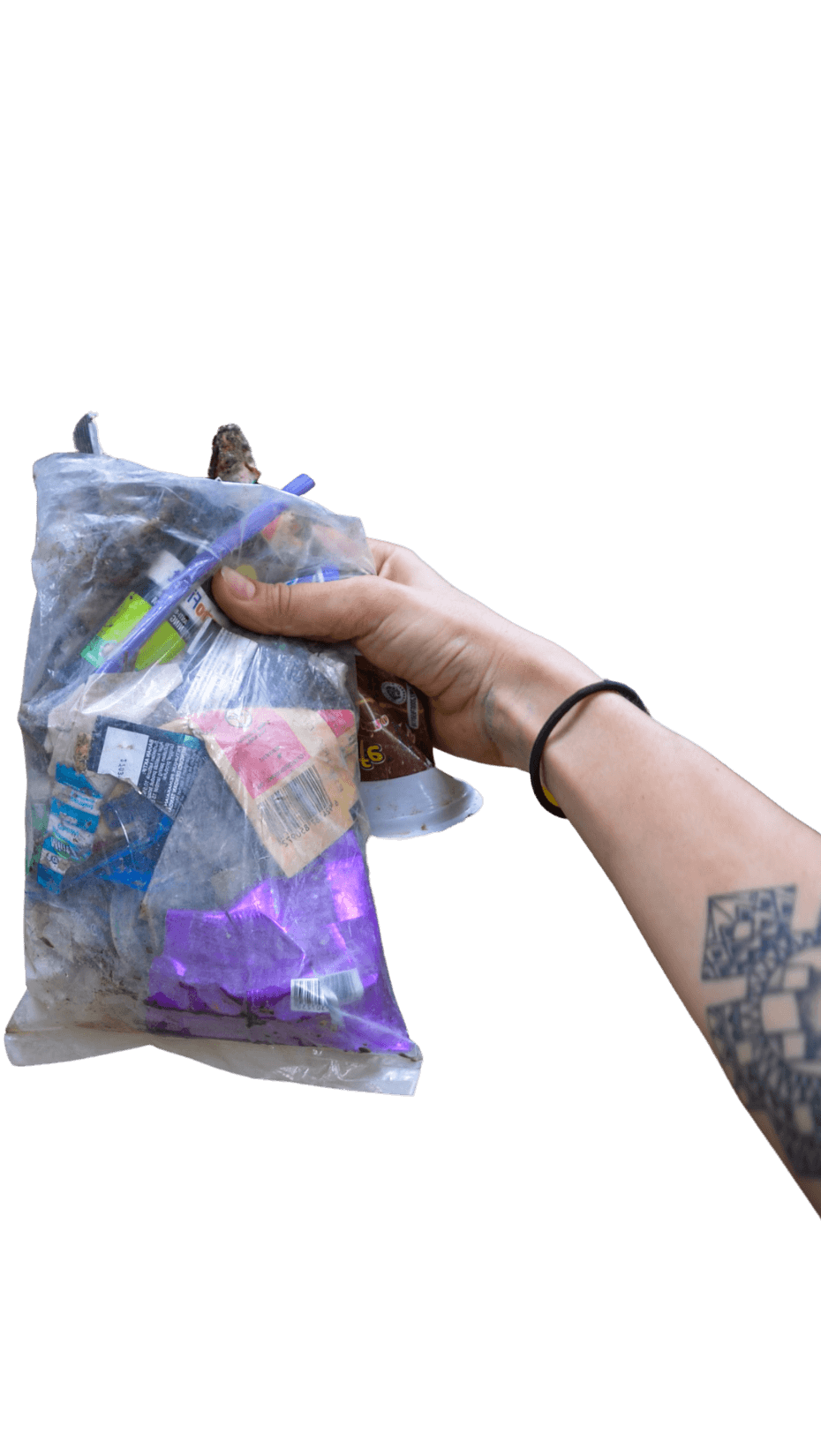
Von einer Innovation zum globalen Problem
Die Geschichte von Plastik
Unter Plastik werden umgangssprachlich Materialien synthetischen Ursprungs gefasst und seine Geschichte reicht bis in das Jahr 1530 zurück.
Durch die Polymerisation aus organischen Rohstoffen wie Erdöl und Erdgas, wird Plastik gewonnen. Bis zur Mitte des zwanzigsten Jahrhunderts besetzte die Kunststoffproduktion eine überschaubare Nische die aber durch Ihre Eigenschaften und seine Verbreitung neue Fahrt annahm. Obwohl bekannt war, dass Kunststoff sowohl die Umwelt als auch die Gesundheit schadet wurde die Innovation in der petrochemischen Industrie für die Profitmaximierung ausgenutzt. Plastik hatte den Ruf ein schickes, sauberes und modernes Produkt zu sein was den Kunststoff-Boom in die Höhe getrieben hat und nun, mit einer jährlichen Produktion von 400 Millionen Tonnen im Alltag von vielen Menschen omnipräsent ist!
Durch mangelnde Abfallmanagement Systeme und einer schlechten Umweltaufklärung gelangen Kunststoffe, Plastikabfall und Mikroplastik in die Umwelt und beschmutzt diese.
PLASTIK IM MEER
Gigantische Teppiche aus Plastikmüll decken die Wasseroberfläche unserer Ozeane. Plastik im Meer ist eine der größten Herausforderungen unserer aktuellen Zeit. Doch woher kommt der ganze Plastikmüll und was sind seine Folgen?
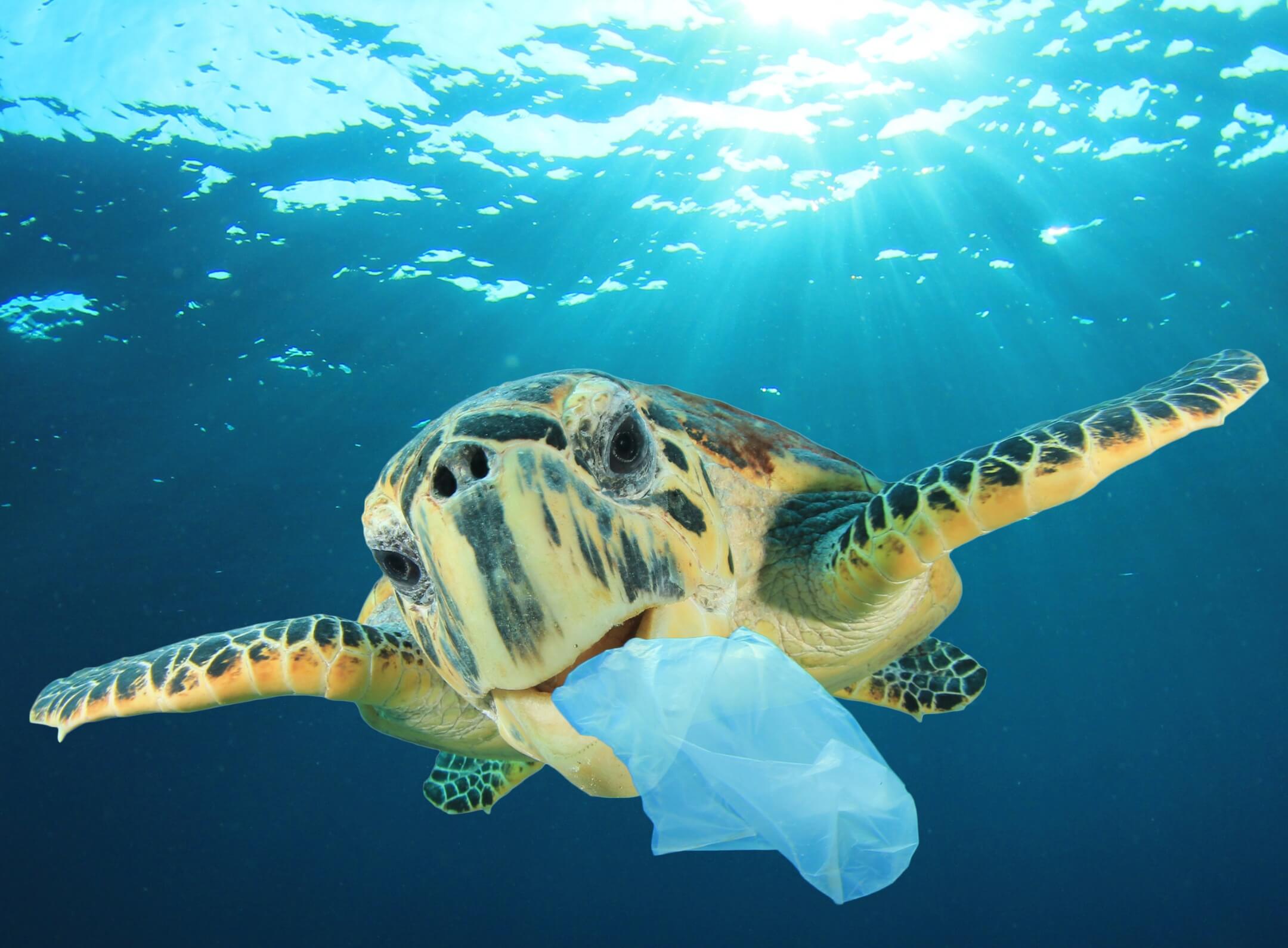

RECYCLING
Die Menschheit verbraucht jede Menge Müll. Besonders Plastikmüll lässt sich in der Regel hervorragend wiederverwenden oder recyceln. Welche Plastikarten es gibt und wie wir in Indonesien recyceln, erfährst Du hier.
ECOBRICK
Hast Du so eine Flasche schon einmal gesehen? Diese mit Plastikmüll gefüllte Flasche eignet sich hervorragend als Baumaterial. Wie sammelt man ausreichend von diesen Ecobricks, bis man beispielsweise ein Haus daraus bauen kann? Oder sogar ein ganzes Dorf?
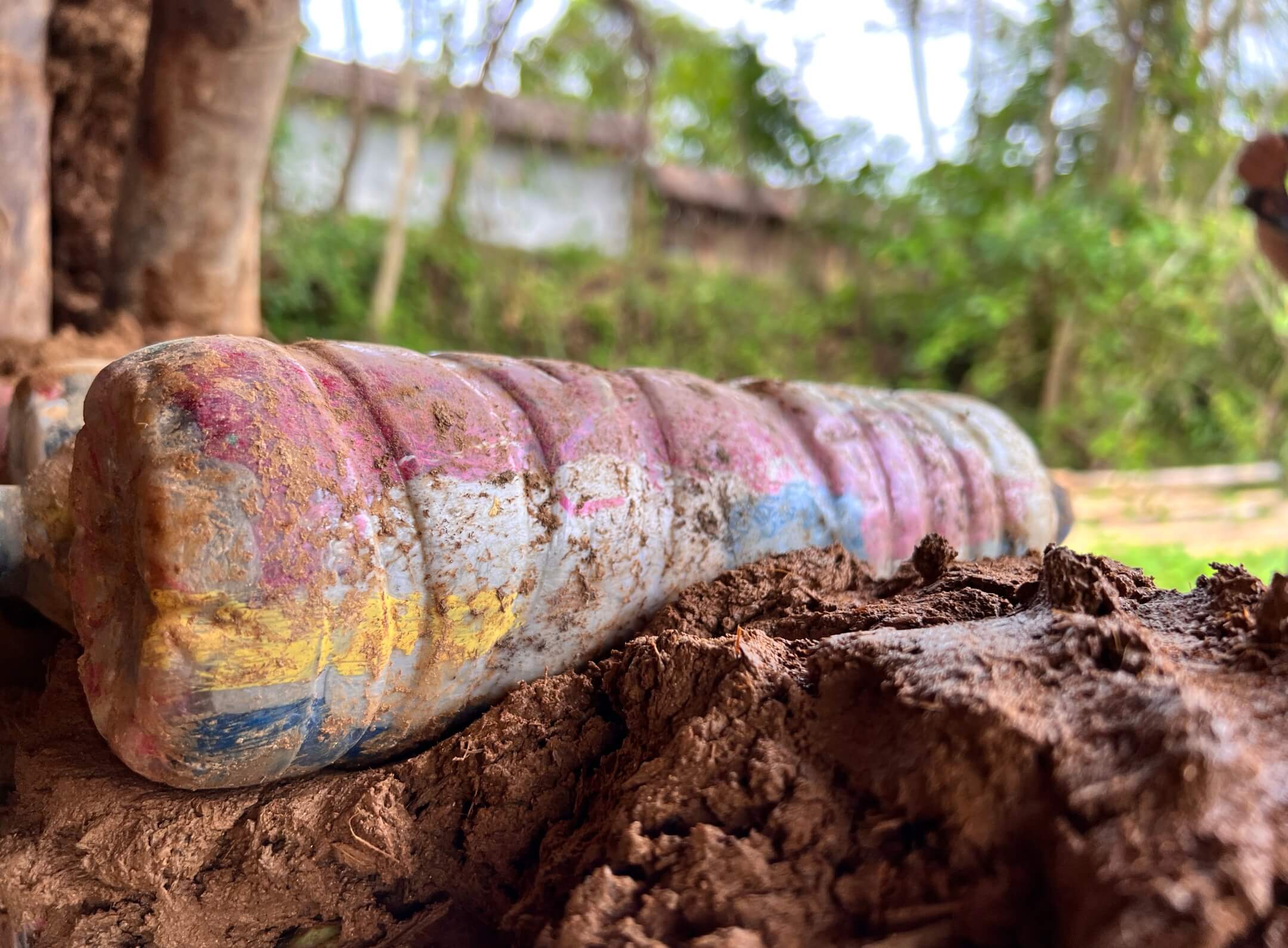
DAS GRÖSSTE RECYCLINGDORF DER WELT

Damit der Plastikmüll sich nicht weiter in der Umwelt verteilt, stecken wir ihn in Plastikflaschen! Dank unserer innovativen Bauweise aus lokalen und meist natürlichen Materialien, erhält der Plastikmüll als Baumaterial einen neuen Nutzen.
Seit 2019 entsteht vor den Toren des Sumatra Regenwaldes ein besonderer Ort. Hier werden globale Herausforderungen greifbar vermittelt und Lösungswege etabliert. Mensch, Natur und Tier wird in diesem ganzheitlichen Projektkonzept geholfen.
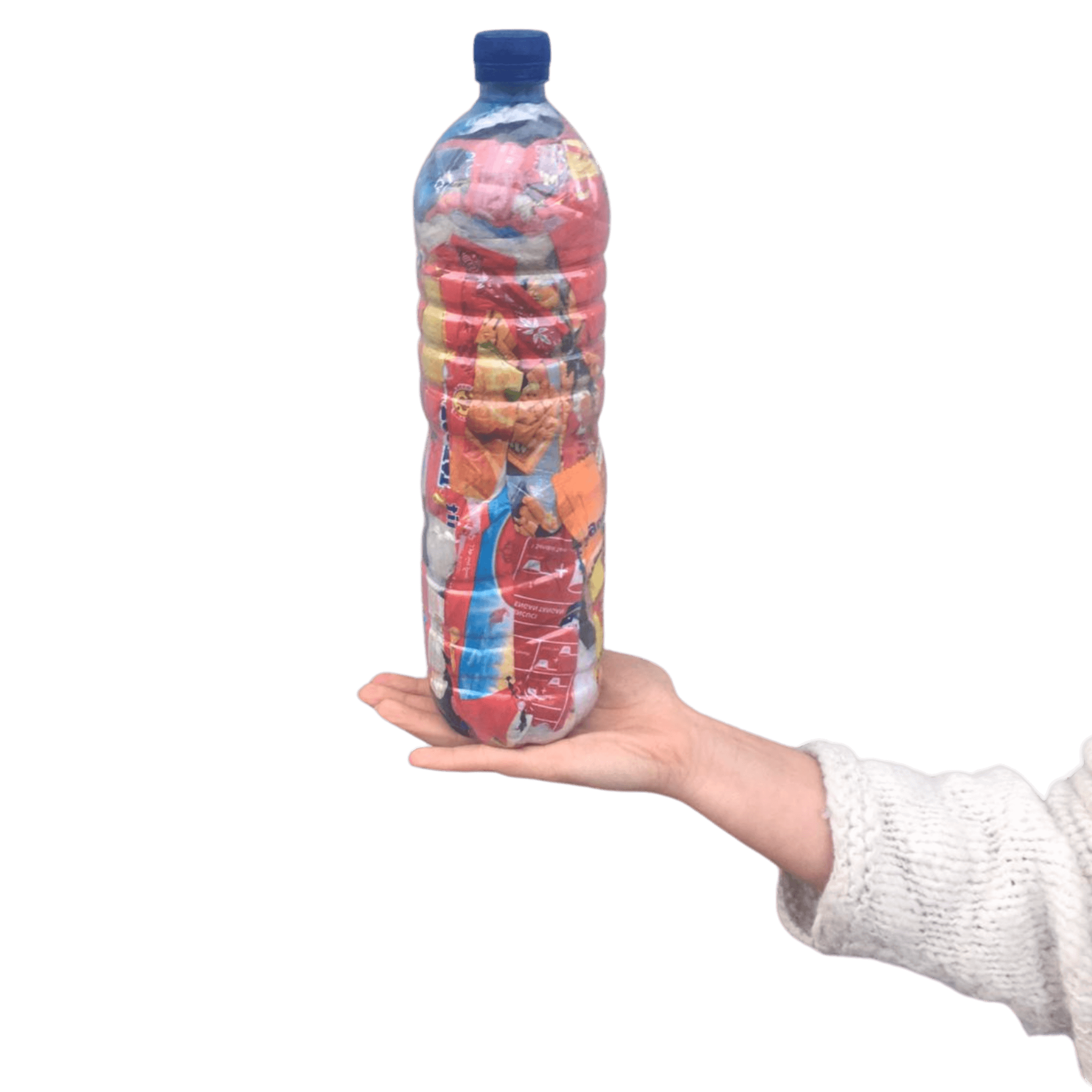
DU MÖCHTEST
HELFEN?
Bist Du im Team Dschungel, Team Tiger oder bei den Plastikbezwinger*innen?
Mit gezielten Spendenaktionen entscheidest Du selbst, wo Deine Hilfe ankommt. Unterstütze uns und werde ein Teil des größten Recyclingdorfes der Welt. Als Wings Member erwarten Dich außerdem viele Vorteile!
Partner-allianz
gegen wilden plastikmüll
Diese Unternehmenspartner setzen sich bereits für einen sauberen Planeten ein. Sie sammeln mindestens genauso viel Plastikmüll ein, wie sie selbst verbrauchen oder produzieren. Manche sammeln sogar doppelt so viel Plastikmüll ein! Viele engagieren sich mit uns unabhängig davon für einen sauberen Planeten.
